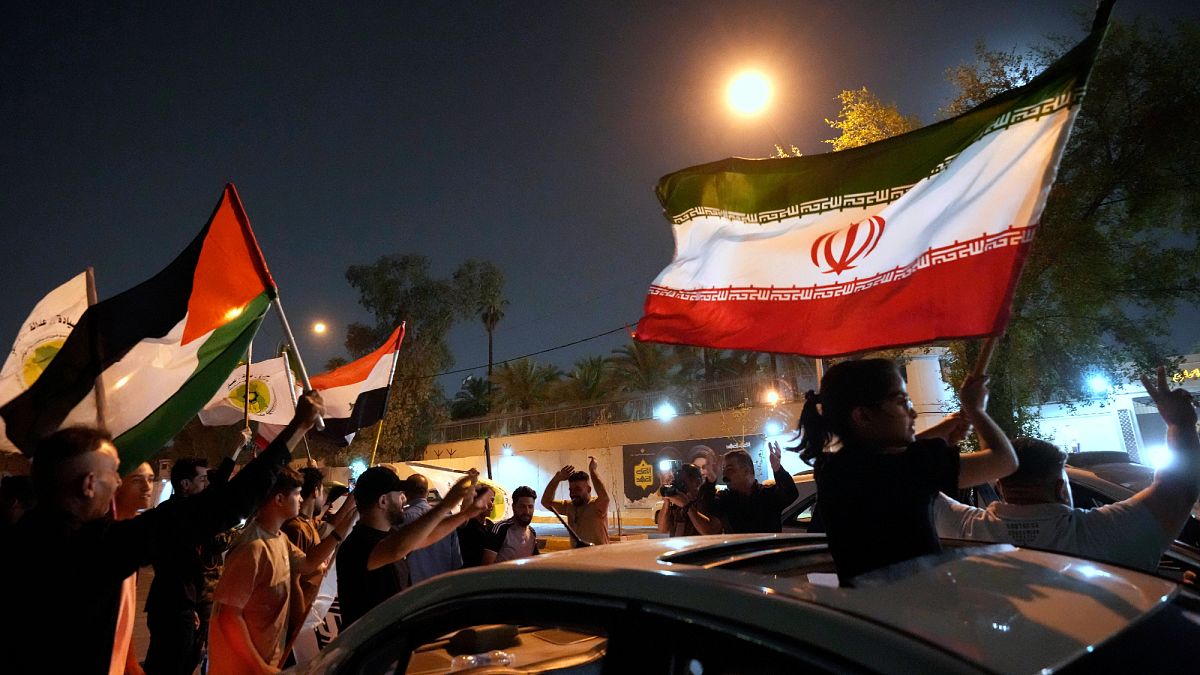

In a world marked by conflict and uncertainty, recent developments in the Middle East, Eastern Europe, Africa, and beyond highlight the delicate balance between tensions and the efforts toward peace. From a fragile ceasefire in the Middle East to alarming humanitarian situations in Sudan and Mozambique, the global community remains vigilant and hopeful. Let us explore these significant occurrences and their wider implications.
The Middle East remains at a delicate juncture, as the ceasefire between Israel and Iran holds, albeit tenuously. Following a period of intense military activity, US President Donald Trump confirmed the truce and emphasized its importance to regional stability. However, reports of violations have surfaced, prompting a direct intervention from Trump to ensure restraint from Israeli airstrikes. The international community, including leaders at the NATO summit, has echoed the call for maintaining this fragile peace, recognizing its potential to facilitate crucial dialogue. Amid this tension, oil markets saw a slight increase, reflecting cautious optimism.
While the Middle East grapples with its challenges, the situation in Ukraine remains of global concern. As President Volodymyr Zelenskyy met with Western allies at the NATO summit, the persistent threat of conflict looms large. Analysts suggest that essential US military commitments to Ukraine may soon wane, raising questions about future support from the Trump administration. Meanwhile, Ukrainian cities have unfortunately endured further attacks, underscoring the urgent need for continued international engagement and support.
In Africa, the humanitarian crisis in Sudan has drawn widespread attention, particularly following the attack on a hospital in West Kordofan, which claimed the lives of more than 40 civilians. The World Health Organization condemned the violence, stressing its severe impact on vulnerable populations. As conflicts in regions like Cabo Delgado, Mozambique, continue, the need for international cooperation and assistance becomes ever more pressing. Governments, regional partners, and humanitarian organizations must unite in their efforts to alleviate suffering and restore peace.
Tensions in the geopolitical landscape are not confined to the immediate theaters of conflict. In Greece, thousands have taken to the streets to protest US military strikes on Iranian nuclear sites. These demonstrations reflect broader apprehensions about military escalation and its ramifications for global stability. The differing narratives over the success of these military operations further complicate the discourse, revealing the nuanced and sometimes contradictory nature of international relations.
In Gaza, the dire humanitarian situation persists as Israeli military actions have resulted in tragic casualties. Reports indicating the deaths of at least 25 individuals near aid trucks underscore the urgent need for sustained humanitarian efforts and a commitment to peace. The international community continues to call for dialogue and restraint to prevent further loss of life.
These events serve as a stark reminder of the interconnectedness of global affairs and the shared responsibility to foster peace and stability. As the world closely monitors these situations, it becomes ever more crucial to support diplomatic efforts, humanitarian aid, and collaborative problem-solving initiatives. Through mindful engagement and genuine dialogue, there exists the possibility of moving beyond conflict toward a future of mutual understanding and peace.
Source: {link}
